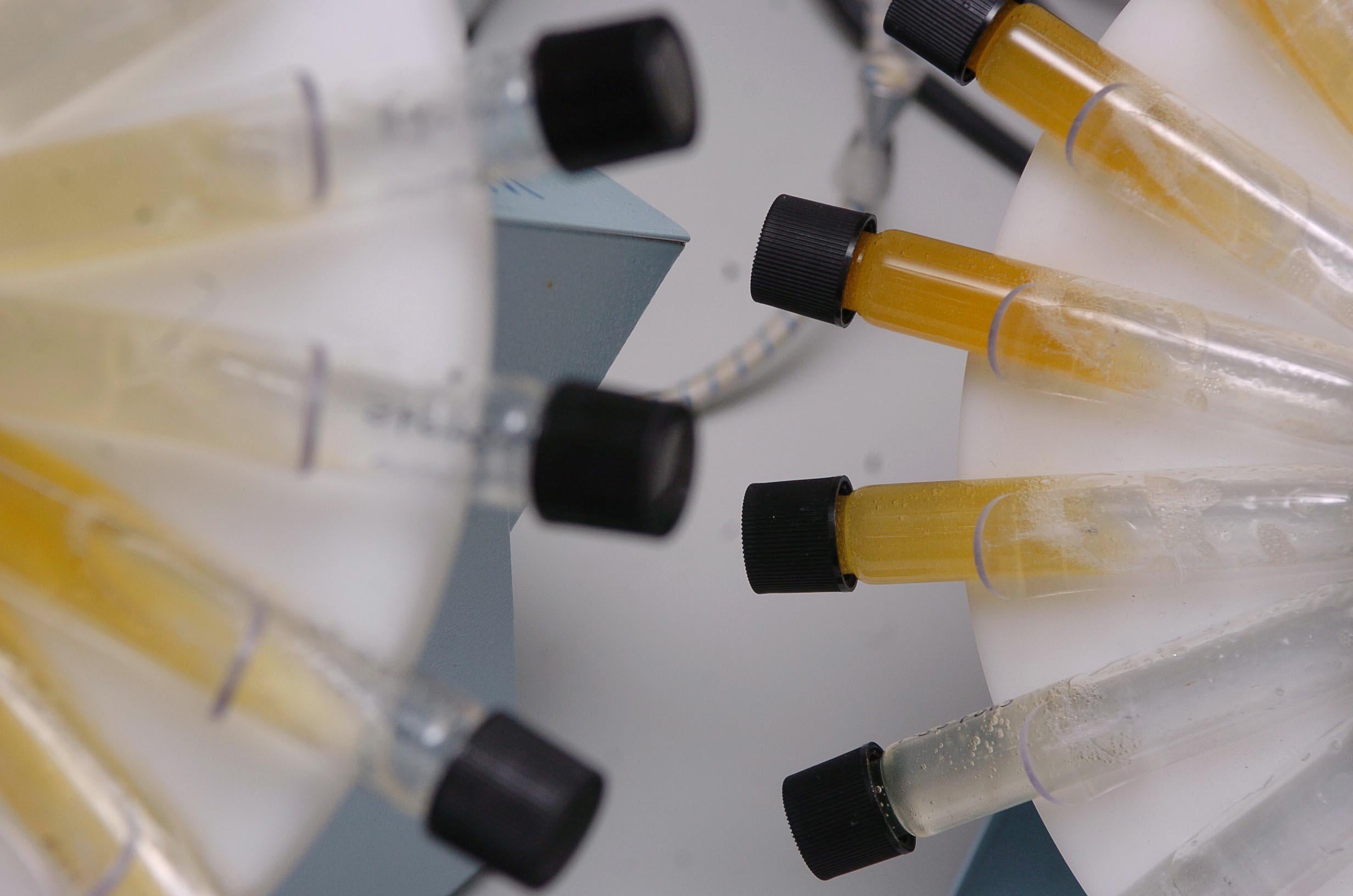Not enough people offered kidney disease test, research finds
Researchers said some may be missing out on the best treatments.

Your support helps us to tell the story
From reproductive rights to climate change to Big Tech, The Independent is on the ground when the story is developing. Whether it's investigating the financials of Elon Musk's pro-Trump PAC or producing our latest documentary, 'The A Word', which shines a light on the American women fighting for reproductive rights, we know how important it is to parse out the facts from the messaging.
At such a critical moment in US history, we need reporters on the ground. Your donation allows us to keep sending journalists to speak to both sides of the story.
The Independent is trusted by Americans across the entire political spectrum. And unlike many other quality news outlets, we choose not to lock Americans out of our reporting and analysis with paywalls. We believe quality journalism should be available to everyone, paid for by those who can afford it.
Your support makes all the difference.Not enough people are being given a test that can identify those most at risk of severe complications of chronic kidney disease, according to new research.
Chronic kidney disease is a long-term condition where the kidneys do not work as well as they should, and affects 10% to 15% of the general population.
Only a very small number of people (1% to 4%) with chronic kidney disease will progress to kidney failure requiring treatment – either dialysis or kidney transplantation.
However, scientists say that by using a series of simple blood and urine tests, GPs could help identify more high-risk people and refer them to hospital before they progress to this late stage.
It is important that all people with kidney disease receive the right treatments at the right time
New research led by the University of Glasgow found that not enough people with chronic kidney disease were routinely being given this recommended evaluation, despite it being recommended by the National Institute for Health and Care Excellence (Nice) in 2021.
Researchers said that many patients and GPs remain unaware of the tests’ potential and patients may be missing out on the best treatment.
University of Glasgow researcher and NHS kidney specialist Dr Jennifer Lees said: “Kidney disease is common amongst adults, but only a small number of people need to see kidney specialists.
“It is important that all people with kidney disease receive the right treatments at the right time, and these blood and urine tests are an easy way to ensure this happens.
“Our research shows that at present, not enough people with kidney disease have their urine tested, and therefore may be missing out on the best treatments.”
In 2021, Nice recommended the use of the Kidney Failure Risk Equation (KFRE), which includes measurement of protein in the urine (albuminuria).
The KFRE allows doctors to define an individual’s risk of kidney failure, allowing those most at risk to be referred for specialist care in a timely way.
The KFRE test is currently available for anybody with chronic kidney disease stage three or worse. However, in this study, researchers found that the KFRE test is probably only performed in a tiny minority of those eligible, largely due to lack of awareness about it.
Researchers estimate around 75% to 80% of people with chronic kidney disease are not routinely having their urine tested for albuminuria, and may therefore be missing out on early, preventative treatments to reduce the risk of kidney failure, heart disease and death.
For this study the researchers studied more than 1.8 million patients in the Secure Anonymised Information Linkage Databank, (SAIL) an electronic health records repository principally about the population of Wales, and around 465,000 UK Biobank participants.
Dr Michael Sullivan, from the University of Glasgow’s School of Cardiovascular and Metabolic Health, said: “GPs need to identify which patients will benefit most from referral to hospital clinics.
“The KFRE is effective at helping GPs identify and refer these patients early, before kidney disease becomes more advanced.
“More patients with kidney disease need to have access to this new tool.
“Our research shows that for this to be possible, more patients need to bring urine samples to their GP.”
The paper, Potential impact of Nice guidelines on referrals from primary care to nephrology is published in the British Journal of General Practice.
The work was funded by the Medical Research Council.
Subscribe to Independent Premium to bookmark this article
Want to bookmark your favourite articles and stories to read or reference later? Start your Independent Premium subscription today.